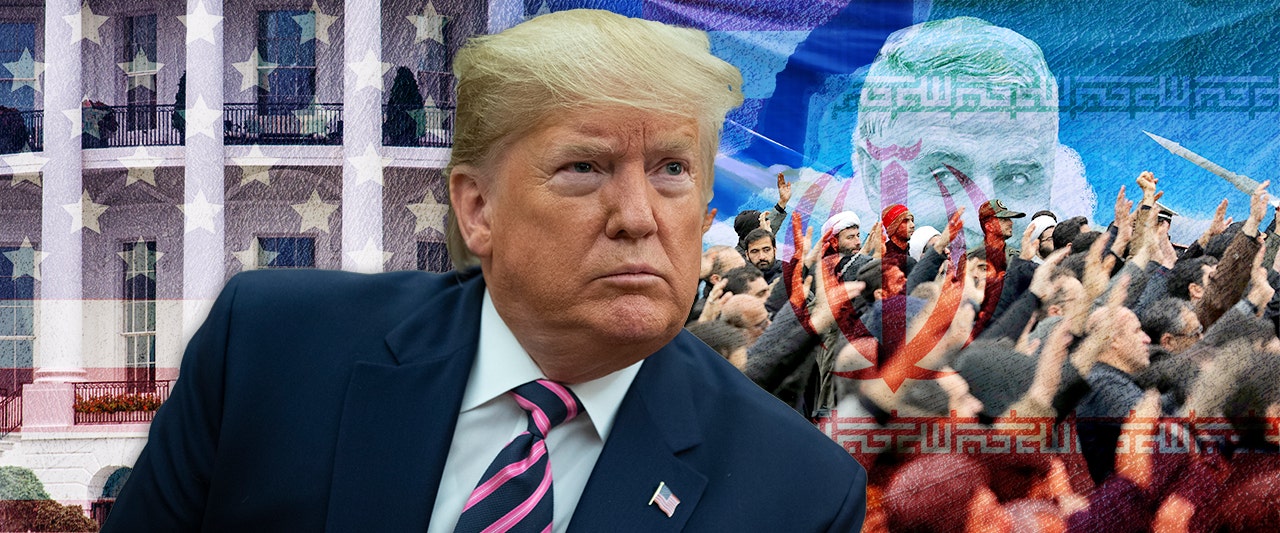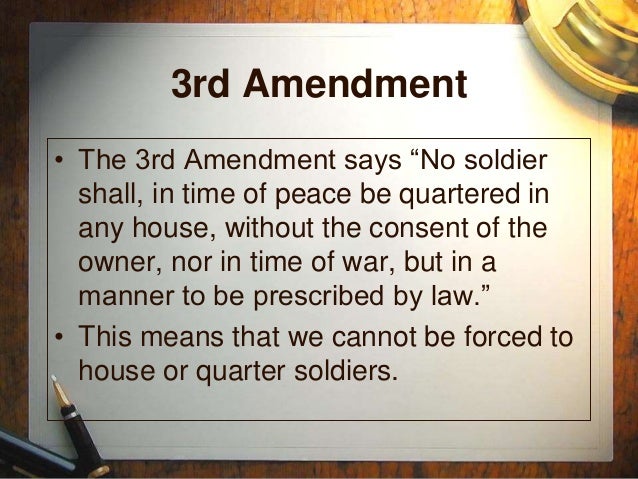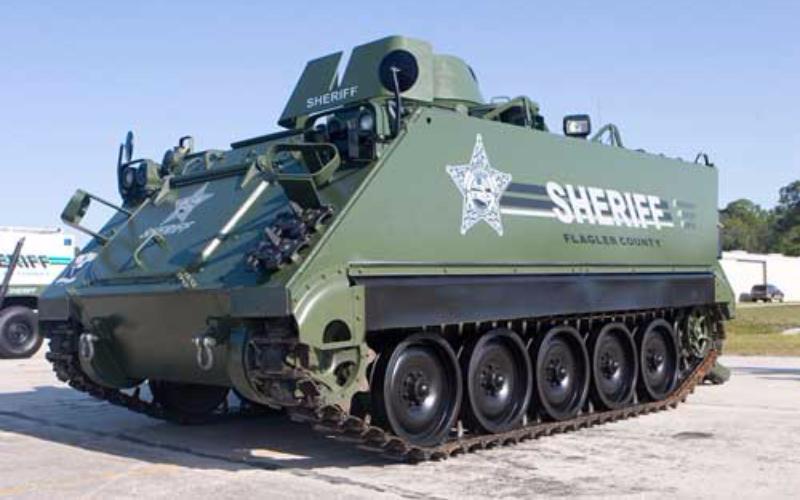
This Is What Happens When the War on Terror Is Turned Inward, on America
Hamilton Nolan / Guardian UK
Trump has realized that our vast post-9/11 security state can be used to police internal bogeymen like antifa
(July 25, 2020) — A strange and necessary ingredient of America’s descent towards fascism is that it will have little impact on the majority of people. As militarized federal agents are deployed into major cities to snatch protesters and charge them with harsh federal crimes for daring to deface the ruling party’s monuments, most Americans will continue living their normal lives with no discernible changes, at least for the time being. People wake up and eat breakfast and spend their days doing mundane tasks in fascist countries, too.
If there was ever a tipping point, we are past it. Trying to stare hard at the daily news to determine the exact point at which we slip into fascism is like staring at a baby to see when it turns into an adult. By the time you perceive it, it’s already happened. It is important to understand that the crackdown phase that we are now in – the unaccountable government forces, the riot police, the teargas, the targeted political prosecutions that will come next – are not something new, but something old. This isn’t about Donald Trump. This is about America, baby. This is what we do.
Trump, a fool ruled by impulse rather than strategy, did not build the fearsome machine of government oppression that is now being aimed at his political opponents. This machine was systematically assembled and lovingly tended to by generations of presidents before him — Democratic, Republican, Whig. Trump is only broadening its aperture. All of these tools have been sharpened on the bones of Native Americans and Black people and immigrants and Muslims overseas.
America has always needed someone to oppress. Mostly so that we could steal their stuff, but also so that the rest of us didn’t turn against one another. This country has managed to avoid a class war by giving poor white people an array of minorities to abuse, a trick that has benefited rich white people for centuries.
We have used injustice not just as a way to get ahead, but as a release valve. Our leaders have long calculated that it is safer to subjugate and mistreat a minority of the population than to risk dissatisfaction in the majority. In doing so, the government has become very adept at creating enemies and wielding power against them in flagrant shows of force.
These are trivial observations, basic facts that will only be disputed by those who are destined to land on the side of fascism anyhow. The question is what they mean for our present moment, which is distinguished not by the existence of government oppression but by its direction. We are finding out what happens when the war on terror is turned inward on ourselves.
In addition to the federal agents already in Portland, more are coming to Chicago, Albuquerque, and Kansas City; that may well be just the beginning of a national rollout. “Protecting federal property” and “maintaining law and order” are twin fig leaves wafting in a cloud of teargas.
The Department of Homeland Security has effectively become a White House-controlled paramilitary and domestic surveillance service unaccountable to anyone except Trump and his loyalists. (If we’re being honest, this moment has been inevitable since DHS was panic-created in the days after the September 11 attacks. If there is any more fascist word than “homeland”, I haven’t heard it.)

Would Trump use the military to “win” the November election?
The basic logic behind gun control is that if there are a bunch of guns lying around, sooner or later someone will get shot. The same holds true for the security state. If you build it, it will eventually come for you. Cloaked in the banality of federal bureaucracy, we have tolerated the creation of a terrifying set of powers that now rest in the small hands of a man who has been waiting his entire life to take revenge on each and every enemy who has slighted him.
Barack Obama sat in the White House for eight years and did nothing to dismantle this bureaucracy of soldier-cops. He was too busy using it in foreign drone wars. It’s too seductive to have that power, when you are the one who controls it. Now a worse president has it, and it will be turned, at last, against a bigger chunk of us than ever before.
Every new outrage is a test of what we will tolerate. If the government can roll out troops to a large swath of major cities and shoot the eyes out of protesters with rubber bullets all under the guise of stopping some kids from spray-painting some courthouse, it is a fairly good indicator that the spirit of the broader American public will not rouse itself to stand in the way of fascism’s tightening grip.
In a nation this big, you can make 100 million people official Enemies of the State and still leave a comfortable majority blissfully unaffected. The trick now is convincing that tranquil, all-American majority that their interests are actually more aligned with the protesters wielding spray-paint outside the courthouse than with the militarized cops in fatigues.
That shouldn’t be an impossible task. When there is actual justice being done inside the courthouses, the protesters and the storm troopers will both disappear.
ALSO SEE: Portland Federal Agents Accused of War Crimes for Destroying Medical Supplies
What Are Trump and His Goons Up To?

Tracy Rosenberg
Ann Garrison / Black Agenda Report
(July 22, 2020) — “What Are Trump and His Goons Up To?”That’s the question I asked policing and privacy expert Tracy Rosenberg, Executive Director of Media Alliance, and coordinator of Oakland Privacy.
Ann Garrison: What do you think Trump and his goons might be up to in Portland and the cities with “liberal Democratic mayors” that he’s threatening to invade next? Is this much more than politics, an attempt to win the election with law and order extremes?
Tracy Rosenberg: Certainly, first and foremost, it is a political stunt to capture the law and order crowd and press on divides between the coastal cities and inland voters. But it’s also more sinister than that. The use of federal forces is designed to weaken local accountability by freezing out local government that constituents can reach. Portland’s mayor might not even have opposed some “help” from the feds, but he wasn’t asked. In other words, this wasn’t mutual aid. This was indeed an invasion.
AG: Who are these federal goons under Trump’s command? What branch of the enforcement apparatus are they drawn from? Some say there are US Marshals involved.
TR: An alphabet soup of federal agencies have been employed to crack down on police brutality protests, including the National Guard, the US Marshals, and the Secret Service (the National Guard being the only one of these organizations whose mission even arguably includes civil unrest). But the highly publicized Portland kidnappings or detentions, depending on which you want to call them, were carried out by Customs and Border Patrol, specifically the Border Patrol tactical squad which is called BORTAC .
Trump has recently tweeted that he intends to mobilize the Homeland Security Investigations (HSI) divisions of ICE, notably to the city of Chicago. HSI is the wing of ICE that handles criminal actions involving immigrants, as differentiated from Enforcement and Removal (ERO),” the wing of ICE that handles deportations. Both the ICE divisions and the Border Patrol are part of the Department of Homeland Security.
AG: And what’s their legal authority, assuming they have any? What gives them the right to drive around in unmarked cars, dressed and armed like paratroopers, without badges or anything else identifying them and the enforcement agency they work for? What gives them the right to snatch people off the streets, then hold them without charge?
TR: Those are, of course, the questions. Legal authority derives from two sources: firstly, the organizational mission and jurisdiction and, secondly, the Constitution and the power it provides to the executive branch.
• The mission of the US Marshals is to protect the judiciary, judges and witnesses and to pursue fugitives.
• The mission of the Secret Service is to defend the President, his/her family and upper level government officials from personal harm.
• The mission of the Border Patrol is to police the international borders, both land and air.
• The mission of ICE is to enforce immigration laws away from border areas.
You see where I’m going. Chasing protesters around cities in response to graffiti on federal buildings is not the mission of any of these agencies or federal officers. Trump claims that, in the state of emergency he has declared, he can redefine the mission of these agencies as he pleases, but that is a highly questionable assertion.

When it comes to the Constitution, assemblies to petition the government for redress of grievances, aka protest, is an absolute right of the people. Where that gets blurred is when criminal activity of some kind gets mixed in with the assemblies, and government has spent much of the past forty years greatly expanding the penal code with more and more new crimes.
But even when protests include particular actions defined as criminal: vandalism, trespassing, or property damage, or even physical violence, the due process protections in the 4th, 5th and 6th Amendments do not magically disappear. Unidentified personnel cannot simply snatch people off the street and take them into custody without a charge — at least not legally — but we know that BORTAC just did that in Portland.
AG: Can cities and states assert authority over them?
TR: Federalism, i.e., the rights of states, has a long history in American jurisprudence and is largely upheld in the courts. Certainly, the intention of the Third Amendment was to prevent the new federal government from attacking the states with military personnel. That framework largely doesn’t extend to cities and other local municipalities, so the invocation of federalism to send the Trump troops away would likely have to come from the governors of states.
Oregon’s governor has already made statements to that effect. Trump’s claim has been that federal buildings are federal property and indeed they are, but that authority would not extend beyond those specific buildings without the consent of the states. Or at least it normally doesn’t. The authors of the Constitution did hedge a bit, saying that authority would not extend beyond federal buildings “in times of peace,” which opens up the question of whether the feds are pursuing an undeclared “war” against Democratic-led cities or against Black Lives Matter, or against “antifa” or whatever.

“The invocation of federalism to send the Trump troops away would likely have to come from the governors of states.”
As we know, US presidents are in the habit of waging undeclared wars in foreign countries. We may be looking at an expansion of those tactics and as a messaging point, the metaphorical defining of the population of some liberal cities as “foreign” or “un-American” and therefore exempted from constitutional protections that protect “real Americans.” Dehumanizing immigrants, Black people, Muslims, and those who stand with them can be taken to this logical extreme. At least in Trump’s head and those of his sycophants.
AG: The ACLU and other rights groups in Portland have sued Trump to stop this. What do you think their chances of success are, especially given the way Trump has packed the federal courts?
TR: Their chances on the West Coast are quite good. The 9th Circuit remains the most reliably liberal circuit court in the country and has issued a long string of rebukes to the Trump administration. In other circuit courts, the outcome is less certain, although federalism, aka states rights, has a long bipartisan tradition.
Of course, the 9th Circuit is not the final level of the courts, and it is difficult to predict what the Supreme Court would do if presented with an emergency request to overrule the 9th Circuit. However, the courts move slow and there is an election in three and a half months. So I expect the intent here is messaging as I outlined above. Trump becomes the protector of the “ordinary white Americans” against their enemies, the foreigners and the race traitors who side with them.
AG: Nancy Pelosi and all sorts of other pious Democrats who’ve voted to militarize the police with Pentagon surplus and protect them from prosecution for Constitutional violations have been wringing their hands about Trump’s overreach, and Congresswoman Ayanna Pressley, D-MA, has introduced the Ending Qualified Immunity Act , but I can’t imagine that political pressure will persuade the Republican Senate to roll either back. What impact do you think the November election might have?
TR: Mark Pocan introduced an amendment to the National Defense Authorization Act to roll back the 1033 military surplus program, but it was roundly defeated today — July 21st — in the Democratic House by something like a 323-93 vote. So it is right to say that much of their hand-wringing is exactly that.
Local government is more inclined to take things seriously because they are more accessible to constituents and more easily voted out. Ro Khanna, Pramila Jayapal, and Bernie Sanders, among others, have introduced a number of federal law enforcement bills that are promising in substance, but most don’t have much chance of becoming law. The centrist Democrats are looking for symbolic acts that both express seeming solidarity but don’t really change things all that much.
The November election probably will be a blue wave. This likely means federal agencies will not attack blue cities out in the open; the language will be that we value everyone regardless of race, religion or creed, and you are all welcome to pursue life, liberty and profit. (Without much help.) In other words, the neoliberal equation.
It will be better than Trump, and safer for protesters and marginalized communities, but that doesn’t make it good. The question is whether generational and demographic shifts will reform that equation and, if so, how? I don’t think we know the answer yet. I always try to be hopeful.
AG: As more and more prominent leaders and activists articulate demands well beyond the end of police brutality, including the abolition of prisons and the end of US wars, we seem to be seeing a national revolt against what’s come to be known as the carceral state , even as academics, lawyers, and social critics continue trying to define it. Is there anything you’d like to say about that?
TR: Sure. I think what we’ve seen grow is a broad understanding, outside of left circles and academia, that there is a carceral state. In other words, the language that policing itself is irretrievably flawed and possibly unsalvageable is no longer a fringe idea but one that has broken into the mainstream. This is one thing that social media and cellphones have accomplished. A picture, as they say, is worth a thousand words, and a thousand videos can change the agenda.
I don’t think this mainstream awareness has quite translated into mainstream support for any particular policy agenda yet, but the first step is always, “Oh my God, we have to do something,” and we have reached that point. The argument that police should not be dealing with mental health crises may be the most widely accepted policy point right now.
AG: The carceral state, if we agree that it includes military might, exists to uphold systems of racial, gender, and other forms of oppression, and to enforce grotesque wealth and income inequality and exploitation, both domestically and internationally. I haven’t seen the movements against the two merge, but I imagine I’m missing something. Any thoughts about that?
TR: They are merging, but when movements merge, they necessarily lose a bit of their focus. The police should stop killing Black people for no reason is the clear demand of the Black Lives Matter movement. When that becomes the police should stop killing Black people for no reason, and we should all have health insurance, and capitalism should die, then things necessarily become more complicated.
What ties things together is exploitation, corruption and a caste system tied to both race and class. But it is hard to envision a completely different organizational system for society and that is what you crash into because it is all connected. So movements need a short-term policy agenda within the current system that reduces harms in meaningful ways and a long-term dream for society based on people thriving, not largely caught in an interlocking web of oppressions. (And fighting about which part of the web is the worst part.)
That said, the deployment of federal agents as secret police, scary as it is, is a sign that the movement, however fractured it may be, is scaring the most authoritarian elements in the federal government.
Ann Garrison is an independent journalist based in the San Francisco Bay Area. In 2014, she received the Victoire Ingabire Umuhoza Democracy and Peace Prize for her reporting on conflict in the African Great Lakes region. She can be reached at ann@anngarrison.com.
Posted in accordance with Title 17, Section 107, US Code, for noncommercial, educational purposes.